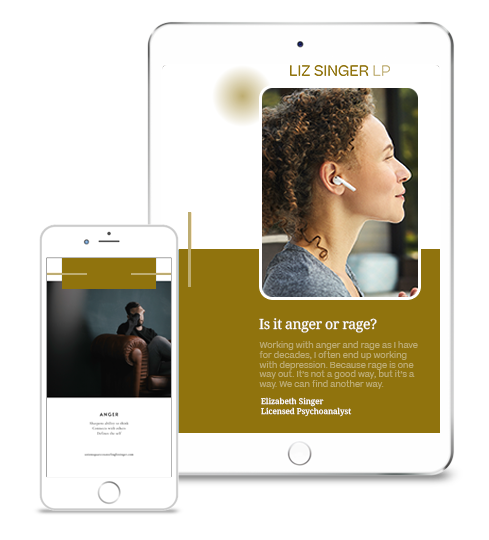Bad psychotherapy feels just like your worst nightmare. Good psychotherapy feels new. The difference between the two often comes down to your therapist’s work with transference.
What’s transference?
It’s a tissue of assumptions, no-fly zones, deepest wishes and biggest fears. This is the glass through which you see the world. It operates everywhere between everybody. In your therapist’s room, it can get talked about. Everyone’s glass has warped spots and smudges. It’s important to find yours and track them back to their beginnings.
Last week, because of the storm, I worked by phone. One patient told me that even though I had called and offered a phone session as an alternative, he did not think I really meant it. “She doesn’t want to hear from me,” he thought. “She doesn’t want to work.”
We found that these thoughts about me were actually clues to barely remembered feelings about his mother. She was not physically healthy and overwhelmed with the needs of a large family. Even as a tiny child, he would try to figure out whether he ought to approach her for anything. Here’s the sequence we were able to unearth: He knew he wanted something. Then, he would study his mother for clues as to whether she might be approachable. More often than not, he would decide not to bother her. Thus, his own needs were sidelined. This is where he learned to deny himself. And feel proud and right for doing so. It makes perfect sense that this child in this family might do this. Carrying this forward into an adult life, however, creates unhappiness.
Feelings about your therapist provide a road into your inner life. The beliefs you have about people that you never articulated before. In therapy, these things get aired out. Distortions get corrected. The lens through which you see the world clears a little.
Therapists who have trained to work with transference will often identify themselves as “psychodynamic” or “psychoanalytic psychotherapists.” It’s another way to get to know yourself.
(The patient gave me permission to use this vignette.)


